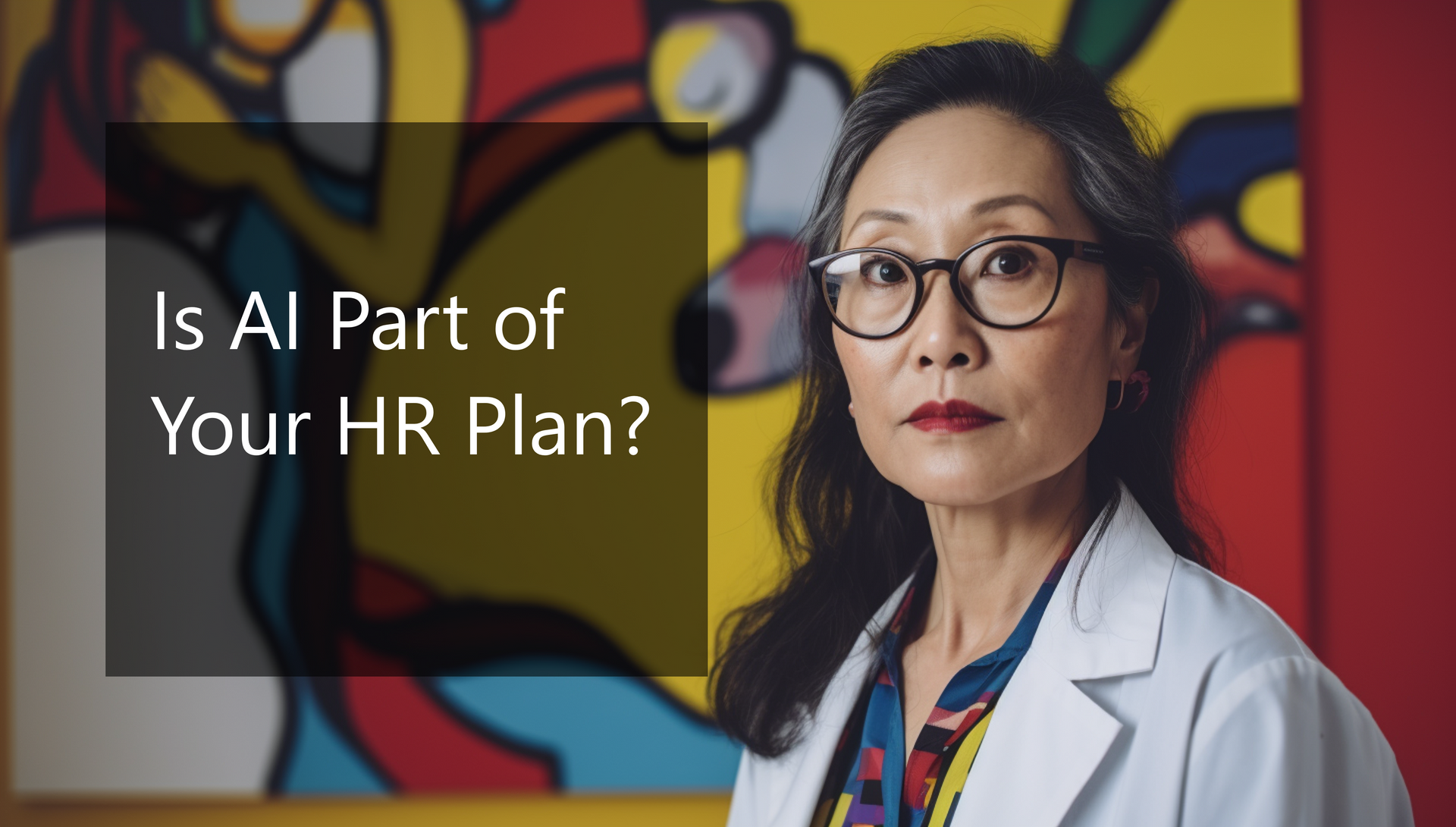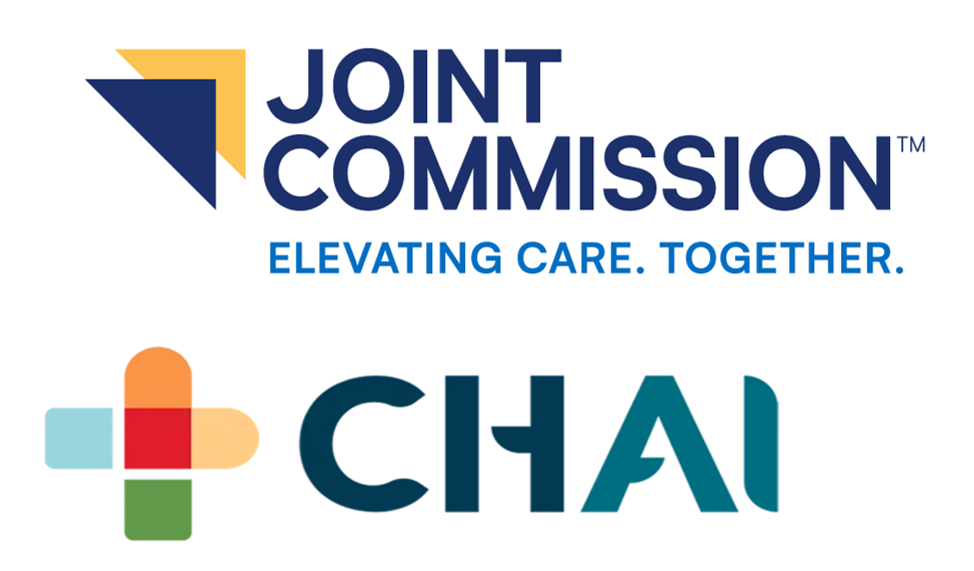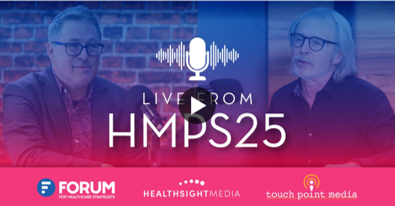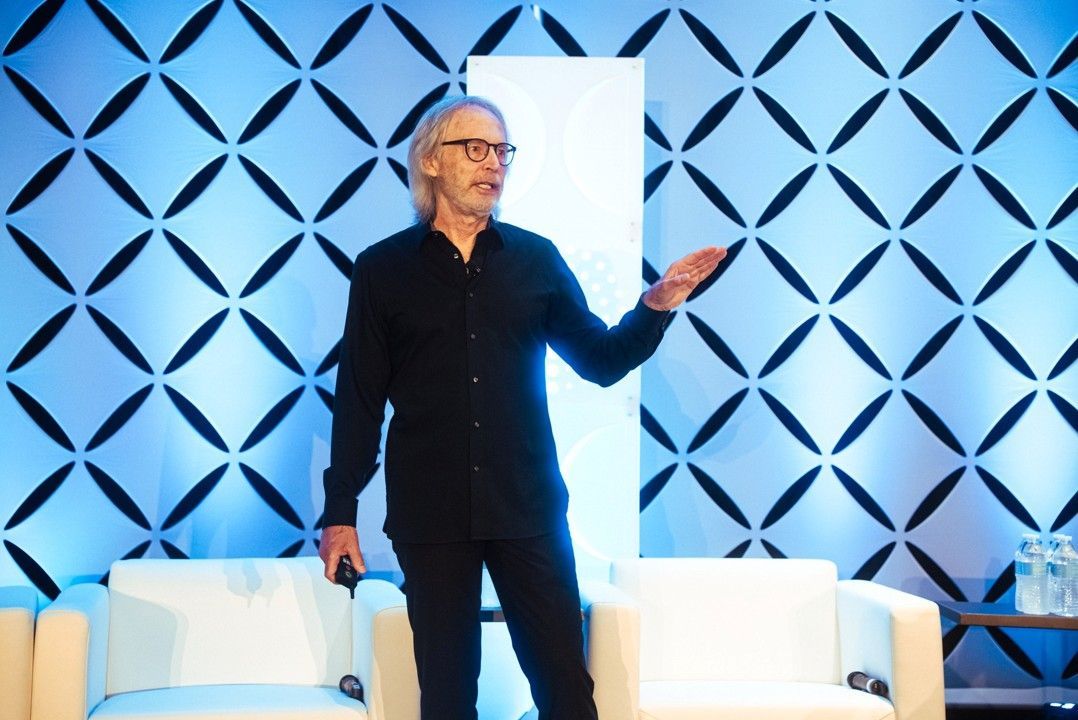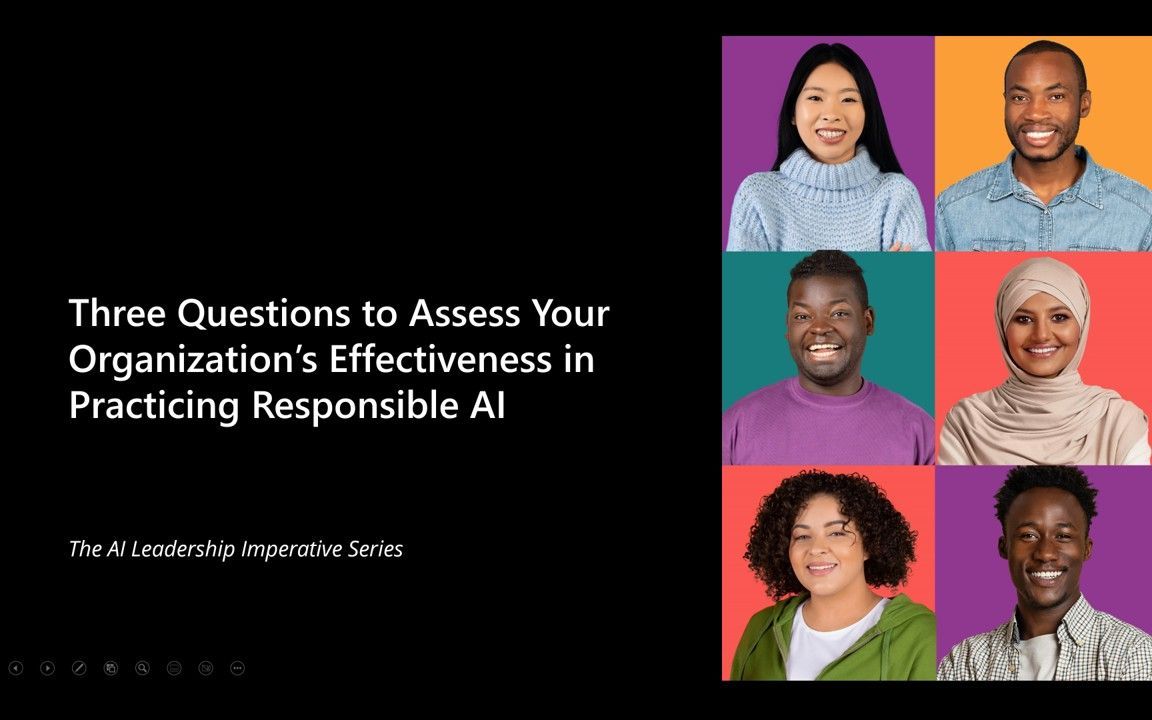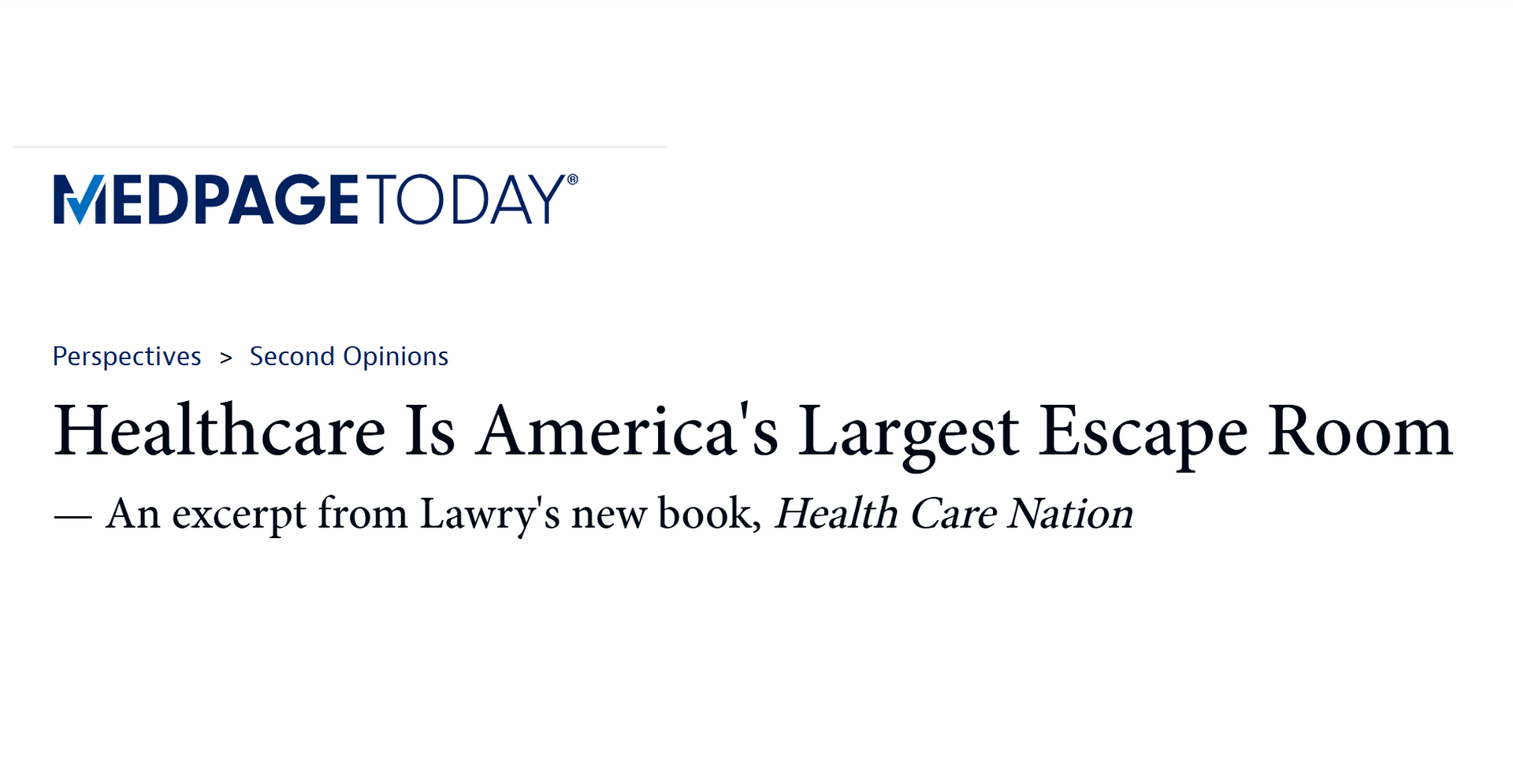Fixing Healthcare is a Generational Thing
In 2013, the movie “Her” won the Oscar for Best Original Screenplay. The genius of this sci-fi romance was that it took place in the not-too-distant future when the world would be dominated by Millennials (those born between 1982-1997). The movie’s main character, Theodore Twombly (played by Joaquin Phoenix), falls in love with an intelligent operating system named Samantha. We catch glimpses throughout the movie of a future where the Millennials’ love of intelligent technology is ingrained into every aspect of society.
Fast-forward to the present day. One out of every three adults in America is a Millennial. By 2025 Millennials will make up 75 percent of the workforce.[i]
And for the record, there are in fact reported cases of humans ending up in therapy because they fell in love with their virtual assistants.[ii]
Millennials and GenZers (those born in 1997 or later) have a love affair with smart technologies. After all, they are first generations to be “digital natives” and do not remember a time when the Internet, social media, and smart apps didn’t exist. As a result, they communicate, shop, and manage all aspects of their lives differently than the generations before them.
When it comes to healthcare, their expectations are no different. They want to schedule and complete a medical consultation from the same place they order dinner—their couch.[iii]
The Millennials and GenZers highlight the problems and the opportunities faced by healthcare today. Every generation is different. How we serve them is not. Healthcare today largely follows a one-size-fits-all approach to those they serve even though no two consumers are alike.
The days of providing the same experience to all patients and health consumers are ending. As we learned from the pandemic, a growing array AI and digitally driven apps are changing how healthcare works by making it a more personalized experience.
The future of healthcare will be driven by those who understand and embrace the tenet that optimal health experiences are generational.
Satisfaction with today’s health system varies by generation. Not surprisingly younger generations have the highest levels of dissatisfaction. They give the lowest marks for treatment effectiveness and convenience.[iv]
Improving satisfaction levels for all generations comes down to accommodating generational preferences. This means better matching the consumer’s needs with their experiences when interacting with the health system.
Look at something as basic as having a designated Primary Care Physician (PCP) who historically served as gatekeepers to services. A high percentage of older generations have a designated PCP because they grew up believing that all things passed through a “family doctor.” In some ways, the PCP serves as their “app.”
Millennials and Gen Zers grew up in a time of online services, urgent care clinics, and retail health. They are less likely to use a system that requires being tethered to a PCP. 74% would rather see a doctor through telemedicine. And when a situation calls for more than a video chat, they want to avoid a primary care doctor and go straight to specialists and alternative solutions.[v]
Providing the same patient experience across the board no longer works. Most consumers still want in-person visits, but younger generations prefer virtual over in-person care. Among Gen Z,
- 41% prefer a virtual or digital experience with a doctor or other medical professional, along with 33% of millennials.[vi]
- Almost half of all Millennials trust big tech companies to provide health and wellness services. [vii]
- Twenty-five percent of consumers are open to seeking and receiving care from brands such as Walmart and CVS.
- Even among seniors, more than one in four would consider receiving virtual care from these new purveyors of health services.[viii]
Spurred by the pandemic, the health consumer movement will continue to unfold. Successful organizations will offer services better geared towards the lifestyles, preferences, and values of those being served.
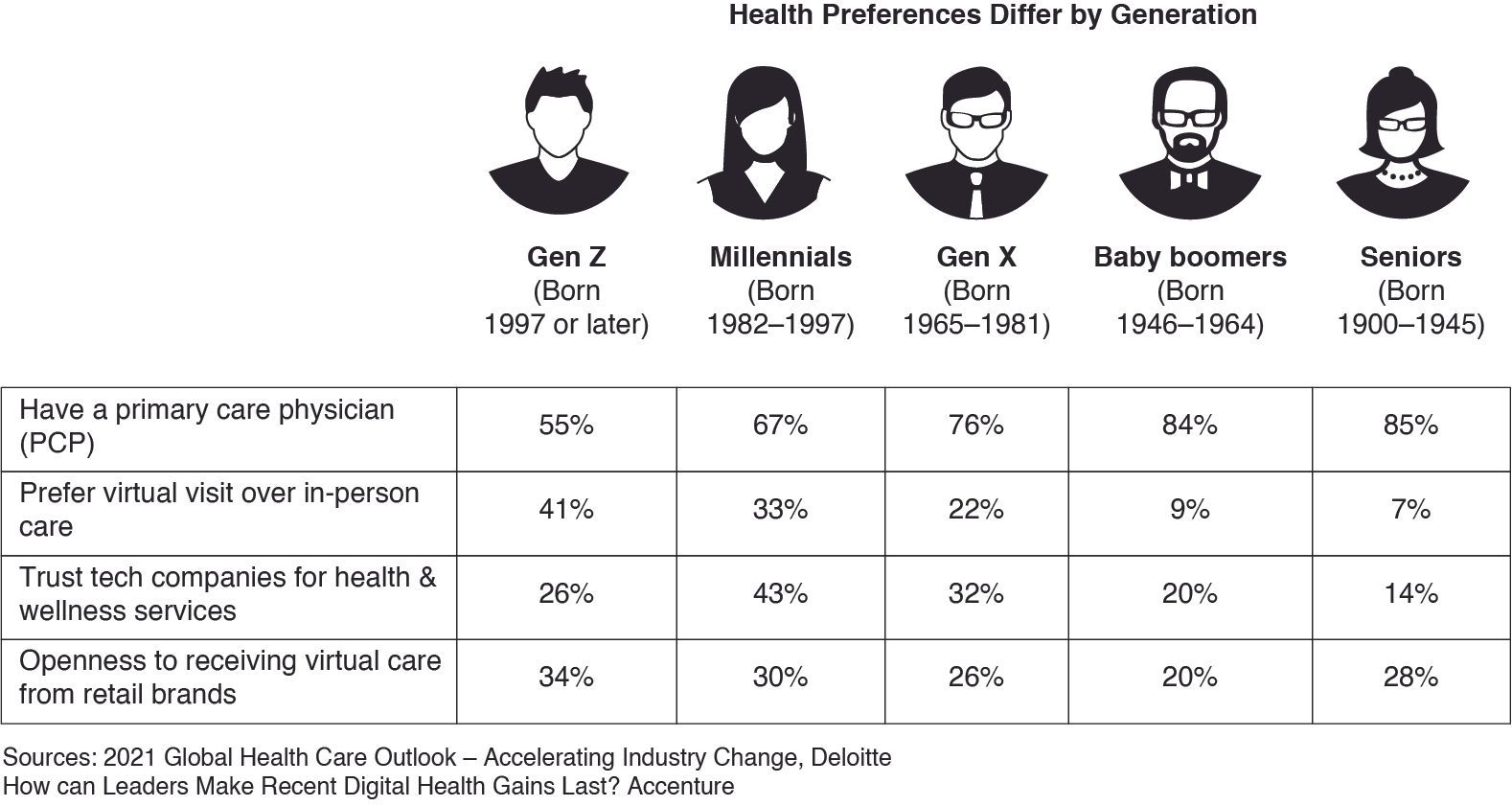
Preferences vary by generation, but the overarching trend among all health consumers is the growing use of data, AI, and digital solutions that allow health consumers of all ages to manage health services on their terms.
Consumers today expect intelligent technologies to make health services more effective and personalized. Their preferences are driving the development of AI-enabled, seamlessly connected clinician-patient interactions.
While providing for those who are sick or injured remains important, consumers are also demanding a focus shift from just healthcare to health and well-being. This means more resources (time, money, and attention) will be allocated from the end of the healthcare value chain (treatment and aftercare) to the beginning.[iThis includes greater focus and investment in promoting healthy lifestyles, vitality, and wellness, primary and secondary prevention, and early diagnosis.
New AI and digitally driven services are connecting consumers to manage health and wellness based on the needs and preferences of each person served. Such services will not replace but rather augment provider teams who can work within more flexible and digitally-enabled care environments to transform services being provided.
This means that the care experience will be more seamless across all care settings. Innovative health organizations are responding with new options like virtual-first health plans and digital front doors.
As we enlist the power of data and intelligent systems to better understand and manage each individual's health, we can personalize the experience to better fit the unique values, needs, and life circumstances of individuals and populations.
A new value chain is emerging around health data that goes beyond the typical data captured and used by traditional health systems.
In the future, consumers will have more access to and control over their data through intelligent digital technologies. As this occurs, the historical dynamics that have benefited Traditional Health Systems will give way to a growing population of informed and empowered health consumers.
Going forward, health consumers will no longer be bound by the processes used by longstanding healthcare system incumbents. Instead, consumers will create their own personal health management “ecosystems” quite literally in the palms of their hands. They will do this by using cloud-based tools based on their own preferences. This includes clinical preferences such as how they wish to monitor and manage their health and healthcare. It will also allow them to personalize how they manage their health benefits and payments.
As this movement grows, two realities are likely. One is that the change taking place will be driven or facilitated by better use of a variety of data to power intelligent apps and experiences. The second is that fundamental shifts in the current balance of power will occur. Going forward health consumers will increasingly vote with their feet and wallets in seeking out the services that best meet their health and convenience needs.
References Used In this Blog:
[i] Beth Jones Sanborn, 'Digital natives' will lead the healthcare consumer revolution, HealthcareIT News, March 26, 2018, https://www.healthcareitnews.com/news/digital-natives-will-lead-healthcare-consumer-revolution
[ii] XiaoIce robot users have ended up in therapy for falling in love with their Artificial Intelligence, Entrepreneur, August 26, 2021, https://www.entrepreneur.com/article/381966
[iii] Beth Jones Sanborn, 'Digital natives' will lead the healthcare consumer revolution, HealthcareIT News, March 26, 2018, https://www.healthcareitnews.com/news/digital-natives-will-lead-healthcare-consumer-revolution
[iv] Today’s consumers reveal the future of healthcare, Accenture, February 12, 2019, https://www.accenture.com/us-en/insights/health/todays-consumers-reveal-future-healthcare
[v] What Millennials Want When It Comes To Healthcare, MediaPost, December 23, 2016, https://www.mediapost.com/publications/article/291796/what-millennials-want-when-it-comes-to-healthcare.html
[vi] How can Health Leaders Make Digital Health Gains Last?, Accenture, https://www.accenture.com/_acnmedia/PDF-130/Accenture-2020-Digital-Health-Consumer-Survey-US.pdf
[vii] Ibid
[viii] Ibid.
[ix] John Luijs, Mathieu van Bergen, and Lucien Engelen, The health(care) future of the Netherlands, Deloitte, 2020.w Paragraph

